We are used to seeing bad news from Afghanistan. Last month, for instance, a horrific attack on a hospital in Kabul was ostensibly carried out by the Islamic State in Afghanistan, a newish militant group combining splinter elements of the Afghan Taliban and Uzbek and Pakistani jihadis and embracing the Islamic State in the Middle East.
But sometimes out of tragedy comes triumph, and so it is with the American University of Afghanistan. AUAF, as it is known, is a private university in Kabul, sustained by American and Afghan funding. It adheres to U.S. academic standards, accepts students on a pure merit basis from all over Afghanistan, and manages to find scholarships for many. We have repeatedly visited the campus over many years, and the intelligence and spirit of the Afghan students has always left us inspired that Afghanistan can have a future better than its past.
All this was put in doubt in summer 2016, as insecurity spread throughout Afghanistan, including into the country’s capital. Only a few months after AUAF celebrated its historic 10-year anniversary, tragedy struck. On August 7, two AUAF professors—one American and one Australian—were kidnapped outside the campus gates, most likely by the Haqqani branch of the Taliban. They have been held in Taliban captivity since, as a brave but unsuccessful U.S. Seals raid failed to free them. On August 24, Taliban insurgents stormed the campus in an attack that lasted over 12 hours and claimed the lives of 15 of the talented educators while injuring more than 100 other students, and security forces. For many of the students, it was only their third day of school.
Although reeling from the deaths, the university set to rebuild under the determined and exemplary leadership of its acting president David Sedney, a former U.S. diplomat and committed supporter of Afghanistan. Students, many of whom had fled for their lives during the attack, overwhelmingly maintained that the university should not bow to such terrible intimidation and instead should reopen.
On March 25, it did.
To accomplish that noble ambition empowering Afghanistan’s bright, committed, determined young generation, Afghans from all across the country and the political spectrum—as well as Americans—came forward to support the university. In Afghanistan, President Ashraf Ghani and Chief Executive Officer Abdullah Abdullah met with over 500 students, faculty, and staff in November 2016, where they emphasized the importance of AUAF to the future of Afghanistan. In the United States, the White House, State Department, USAID, and supporters on Capitol Hill across party lines promised continuing support and stressed the importance of AUAF as a legacy institution by the United States for Afghanistan.
AUAF has made substantial improvements in security. But it has not focused merely on countering the intimidation and insecurity amidst intensifying war; it is also moving ahead with a forward-looking agenda of building a new country and educating its population. The university has thus been building infrastructure and instituting more advanced academic platforms, such as online learning, all of which allowed the university to resume full operations in March. While the impact of the tragedy continues to be felt, the outpouring of sympathy from all over the world has reinforced a growing network of support, a testament to the importance of AUAF to the future of Afghanistan.
AUAF was founded in 2006 with a mission to provide world-class higher education that prepares the future leaders of Afghanistan and the region. It is Afghanistan’s only independent, private, not-for-profit, non-sectarian, co-educational university. In 2006, it had just 53 students, of which only one was a female. Over the past week, AUAF welcomed over 730 students at its campus, a higher number than in fall of 2016 right before the attacks. Out of 77 new students, one of the school’s largest spring enrollments ever, 44 percent are women. AUAF offers the country’s first MBA program, and a law program in partnership with Stanford University, and its graduates often go on to attain postgraduate degrees around the world (including via Fulbright scholarships). It also contains the International Center for Women’s Economic Development, which seeks to implement projects geared toward empowering women in the economic sphere and to inform policymakers about the importance of women empowerment. The center houses the Business Innovation Hub, Afghanistan’s first and most successful business incubator.
AUAF students and faculty know that they can never be completely safe so long as terrorism is able to strike throughout the country. Brave and determined, they are willing to accept that risk. As AUAF begins its resurgence, the tremendous support received from both Afghan and American supporters throughout the world confirms our belief that the university represents the best values and aspirations of the U.S.-Afghan partnership. As America ponders its future in Afghanistan, it should look to institutions like AUAF—one of the most salient representations of the greatness that can be achieved by the U.S.-Afghan partnership.
The Brookings Institution is committed to quality, independence, and impact.
We are supported by a diverse array of funders. In line with our values and policies, each Brookings publication represents the sole views of its author(s).

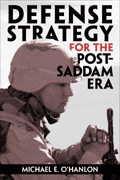
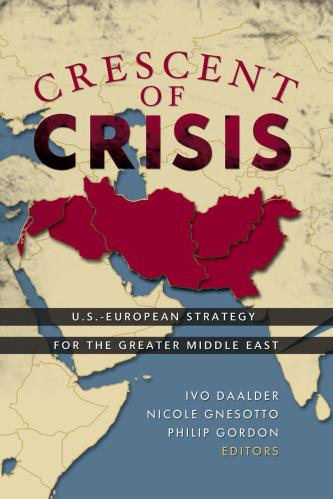
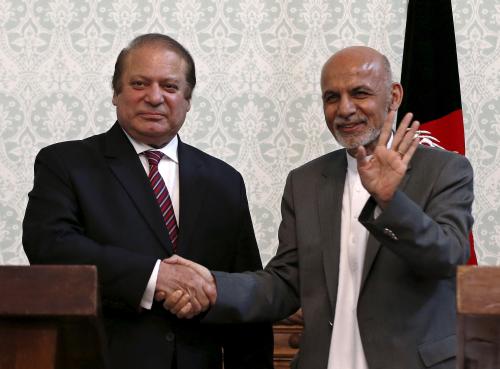

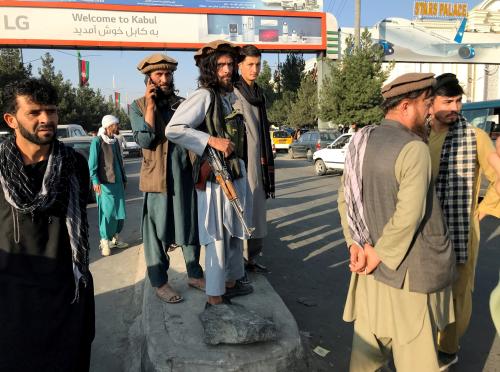

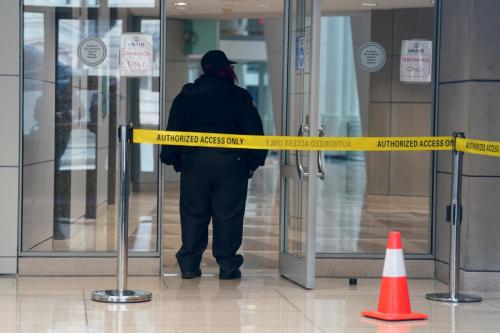
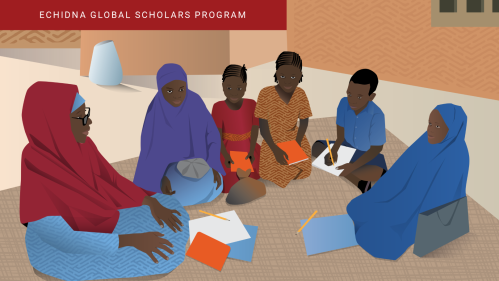

Commentary
A triumph in Afghanistan as the American University in Kabul reopens
April 5, 2017